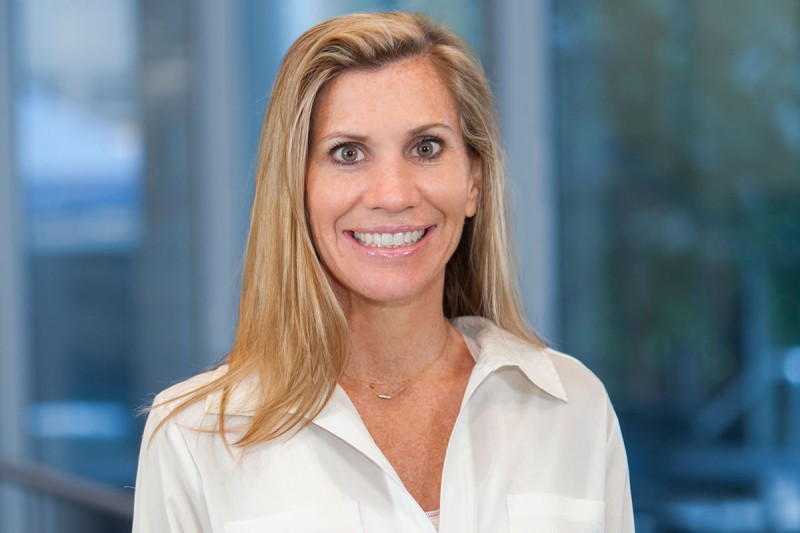
Thanks to better treatments, people are living longer after a lung cancer diagnosis, with many being cured. The lung cancer survival rate has improved 26% in the last 5 years, according to the American Lung Association’s 2024 State of Lung Cancer report. The national average of people alive 5 years after a lung cancer diagnosis is 28.4%.
The increase can be attributed to earlier detection through lung cancer screening and improved treatments. This includes new surgical techniques, genetic testing of tumors, and the development of targeted therapies, some of which were pioneered at Memorial Sloan Kettering.
“The conversations we’re having with patients about life expectancy have changed,” says thoracic surgeon Valerie Rusch. “The flip side is that people are living long enough to get a second lung cancer. Survivors have an approximately 5% chance each year of developing a second lung tumor, much higher than the general population.”
In addition, many lung cancer survivors suffer lingering side effects from the disease and its treatments, including pain, depression, insomnia, and fatigue. They often develop heart and lung diseases as well, which require active management. For all these reasons, lung cancer survivors require especially close follow-up care.
In 2006, MSK started the Lung Cancer Survivorship Program, one of the first programs addressing the needs of this patient group. Run by two nurse practitioners (NPs), Alison Berkowitz Hergianto and Amy Devigne, the program provides comprehensive follow-up care to people treated at MSK for stage 1 or 2 lung cancer.
Screening and Symptom Management
People whose early-stage lung cancers were removed at MSK are monitored for the first two years by their MSK surgeons, medical oncologists, or radiation oncologists. This includes a medical visit and CT scan of the chest every six months. Then, they are referred to the Survivorship Program for longer-term follow-up care and surveillance.
The NPs typically examine people in the program once a year. This includes evaluating a CT scan to screen for cancer recurrence and new lung tumors, checking overall physical and mental health, and helping people manage any treatment side effects. If the NP sees anything new or concerning on the CT scan or in a patient’s symptoms, they consult with the referring physician to determine if the patient needs further evaluation.
“We have found countless new lung cancers in our patient population, when they are early and highly treatable,” says Ms. Hergianto, an NP with the program since 2013. “We’ve also occasionally found other types of cancer or other abnormalities, picked up incidentally on CT scans, that these patients would not necessarily be screened for, including findings in the kidneys, pancreas and liver.”
Preventive Care
“We encourage patients to see their primary care physicians at least once a year, as well as a cardiologist, because many of them have heart disease,” says Ms. Devigne.
During annual visits, the NPs will discuss how to prevent other health problems and make recommendations for better nutrition, exercise, and how to quit using tobacco. They may also coordinate tests such as mammograms or colonoscopies at MSK.
The NPs can recommend healthcare providers in the New York area for other preventive screenings, such as skin checks for skin cancers, and they can refer people to MSK specialists including psychiatry, social work, integrative medicine, chaplaincy, and support groups.
“A lot of these folks lose track of the importance of their basic medical care because they have been so wrapped up in their cancer,” Dr. Rusch says.
Ms. Hergianto says some people are nervous when first transitioning into the Survivorship Program after being monitored for the initial two years by the MSK physicians who cured them. But they soon are reassured that the program is, as Dr. Rusch put it, part of their “wellness program.”
“After their first visit with us, they know they’re in good hands and that we’re an extension of their surgeons or medical oncologists,” Ms. Hergianto says. “We are able to spend a lot of time with the patients and talk with them at length to make sure they are up to date with screening tests and checkups. I think they are very appreciative that we are attending to their individual needs.”




